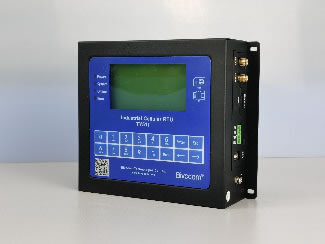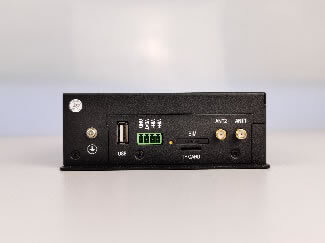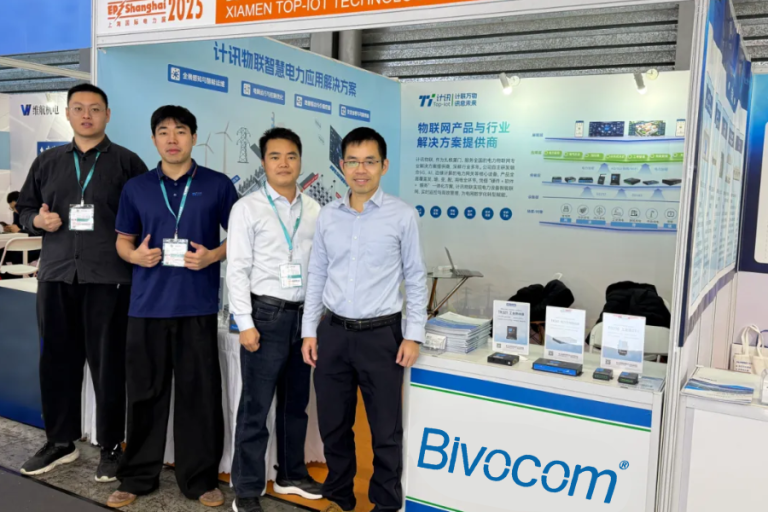Bivocom RTU TY511: A Key Player in Geothermal Energy Monitoring in Africa
In recent years, the push for renewable energy sources has become critical as nations seek sustainable solutions to meet their energy needs. Africa, rich in geothermal resources, has been harnessing this energy source to power communities and industries. A significant advancement in this field is the deployment of remote terminal units (RTUs) like the Bivocom RTU TY511. This innovative device plays a vital role in monitoring and managing geothermal energy systems across the continent.
Understanding Geothermal Energy
Geothermal energy is derived from the heat stored beneath the Earth’s surface. It is a sustainable and environmentally friendly alternative to fossil fuels, offering a consistent energy supply. With various geothermal hotspots, particularly in East Africa’s Great Rift Valley, countries like Kenya, Ethiopia, and Rwanda have made substantial investments in geothermal power plants. However, effective monitoring and management of these systems are crucial for maximizing efficiency and ensuring safety.

Image from : Kerry
https://www.pexels.com/zh-cn/photo/534371/
The Role of Bivocom RTU TY511
The Bivocom RTU TY511 is a versatile and robust device designed for real-time data acquisition and monitoring in remote locations. Here’s why it’s particularly well-suited for geothermal energy applications in Africa:
Real-Time Monitoring: The RTU TY511 allows operators to monitor critical parameters such as temperature, pressure, and flow rates in real time. This information is essential for optimizing geothermal plant operations and ensuring they operate within safe limits.
Remote Accessibility: Many geothermal sites are located in remote areas with limited access. The Bivocom RTU supports various communication protocols, including GSM and satellite communication, enabling data transmission over long distances. This accessibility ensures that plant managers can monitor systems without being physically present, thus reducing operational costs.
Data Logging and Analysis: The device is equipped with data logging capabilities, enabling the collection of historical data for analysis. This information can be pivotal in making informed decisions regarding maintenance schedules, predicting equipment failures, and assessing resource potential.
Scalability and Integration: The Bivocom RTU can be integrated into existing monitoring systems or used to create new ones. Its scalability is beneficial for both small and large geothermal projects, allowing for adjustments as the energy demands of the region evolve.
User-Friendly Interface: The TY511 features an intuitive interface, making it easier for local operators to understand and manage the monitoring systems. This user-friendliness is critical in regions with varied technical expertise levels.
Impact on African Geothermal Projects
The implementation of the Bivocom RTU TY511 in geothermal energy monitoring systems has already started to show positive results in several African nations. For instance, in Kenya, geothermal operators have reported improved efficiency in energy production and a decrease in downtime due to enhanced monitoring capabilities. Furthermore, by optimizing the extraction and utilization of geothermal resources, these systems contribute to lower operational costs, making renewable energy more competitive in the energy market.
In Ethiopia, the integration of the RTU has facilitated more precise monitoring of borehole performance, contributing to better resource management. With these advancements, Africa is not only enhancing its energy security but also positioning itself as a leader in renewable energy technologies.
Conclusion
As the world continues to seek sustainable energy solutions, the role of technology in monitoring and optimizing geothermal systems cannot be overstated. The Bivocom RTU TY511 represents a significant step forward in harnessing Africa’s geothermal potential, ensuring that countries on the continent can effectively manage this invaluable resource. By leveraging such innovative solutions, Africa can pave the way toward a more sustainable and energy-efficient future, ultimately benefiting its economy and the environment.







Comment